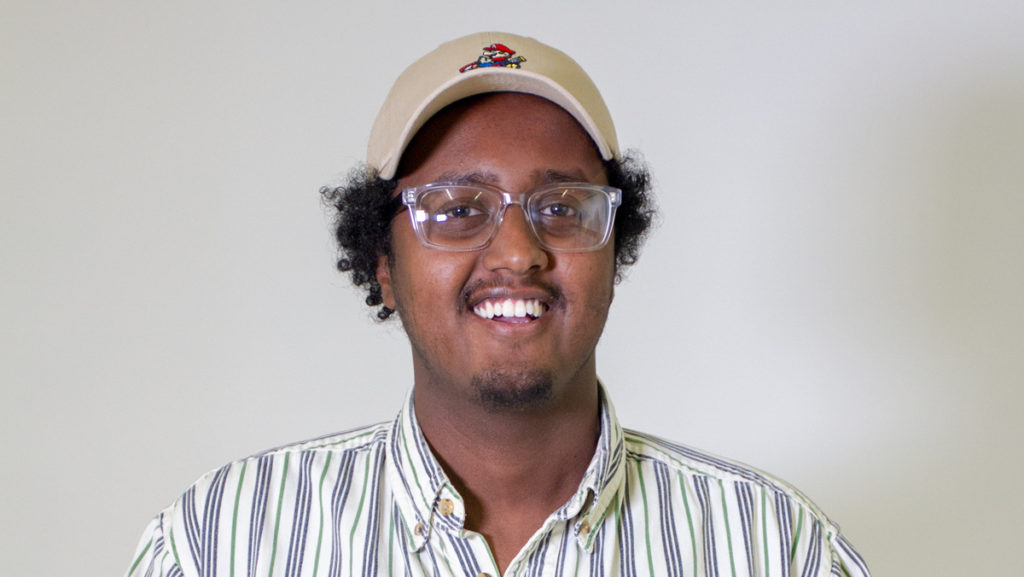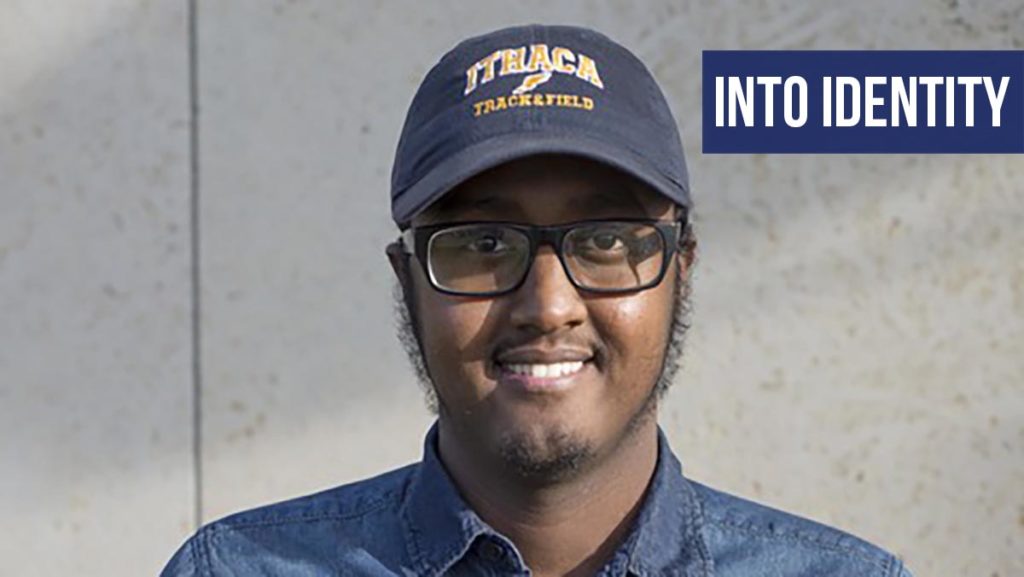Last November, I visited some friends at Pennsylvania State University. After a night of fun, I woke up to the sound of chatter the next morning. My friend’s roommates were talking to each other in the kitchen, exchanging stories about what had happened last night. It was a typical college conversation, until the pictures came up.
One of my friend’s roommates began going through pictures on her phone, and she came across one that made her say, “Oh, my God — I look so Asian.” I was sitting about 20 feet away, and I managed to utter an “uh,” and she didn’t seem to hear me or realize what she’d said.
It wasn’t the first time I’d heard someone say they “looked Asian” when they looked like they were squinting in pictures. It’s usually said in a tone of shock or disdain, like being Asian is a bad thing. And sometimes, according to some people, it is.
In September 2013, Julie Chen, CBS News anchor and host of the reality show “Big Brother,” confessed that she’d had plastic surgery in her mid-20s. Chen, a Chinese-American journalist, underwent blepharoplasty, a procedure that modified her eyelids. While working as a reporter in Dayton, Ohio, Chen’s news director told her she’d never fit in or be relatable because of her “Asian eyes.” She ran into the same problem when looking for other jobs. Wanting to further her career and someday be an anchor, Chen had the surgery despite backlash from her family.
Blepharoplasties are common among the Asian community and are better known as “double eyelid surgery.” Many people of East and Southeast Asian descent have monolids, meaning they have no natural crease in their eyelids. The surgery reshapes the skin around the eyelids and creates an artificial crease.
The procedure has long been controversial. It forces those of East and Southeast Asian descent to conform to Western standards of beauty. In Chen’s case, it can cost you your dream career if you don’t have double eyelids. But it can also cost you the respect of your family and loved ones who think you’re abandoning your heritage. Ultimately, it’s a lose-lose situation.
In a country where multiculturalism is supposedly celebrated, it’s difficult for many of us of East or Southeast Asian descent to feel like we fit in when other racial and ethnic groups are appalled when their eyes are half-open in pictures and compare their appearance to us. There’s nothing wrong with being Asian or having monolids. Eye shape shouldn’t determine whether or not people get their dream jobs or are considered beautiful, just like how someone’s skin tone shouldn’t matter.





